How to survive the heat in the city? 7 rules of Chinese medicine
Categories: Health and Medicine
PictolicNow it's a hot time: asphalt in cities is melting from the heat, megacities are slowly melting under the scorching heat, and its unfortunate inhabitants must not only survive in this heat, but also continue to work, take care of themselves and their loved ones and keep the bar for success.
If you, like thousands of other people, do not feel well on hot days, then these tips from a doctor of Chinese medicine will help you cope with the malaise.
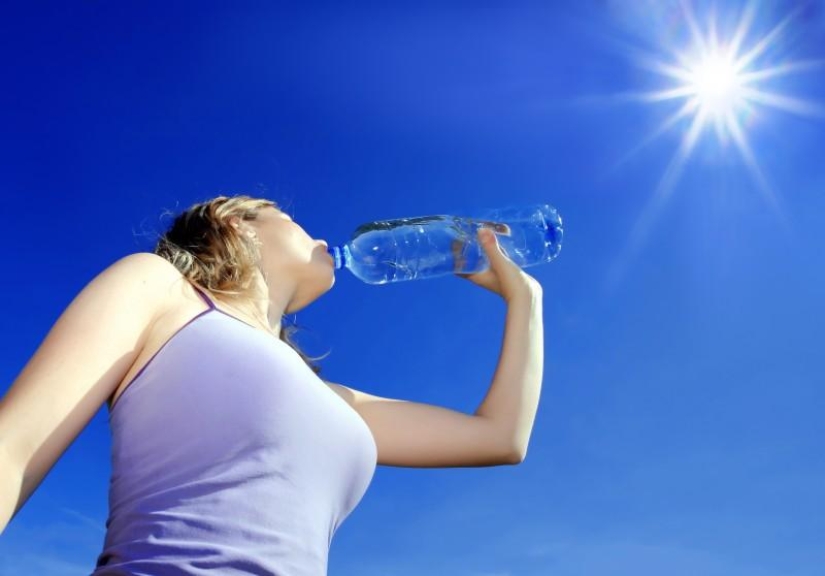
It is known that a person's emotional reactions affect the work of internal organs. Heat in Chinese medicine is considered not only as a phenomenon of the external environment, but can also be an internal factor. Internal heat negatively affects primarily the heart, it is it that suffers at a high temperature. If at the same time a person experiences emotional overload, then the cardiovascular system is at even higher risk.

Increased internal heat in combination with external heat gives a rapid heartbeat, a change in blood pressure, headache, weakness. How to determine the intensity of internal heat? Consider the tongue in front of the mirror, the heart zone is localized at its tip. If the tip has a bright red surface or there are red dots on it, this indicates the presence of"heat in the heart". You can restore balance with the help of food, drinks, proper physical activity and therapeutic methods.
According to the classification of Chinese medicine, all products are divided into five groups — hot, warm, neutral, cool and cold. Naturally, in the heat, it is necessary to reduce the consumption of hot products (meat-lamb, lamb, ham, salami, active seasonings, spices-hot pepper, garlic, ginger, cinnamon, curry), which shift energy processes towards heat.
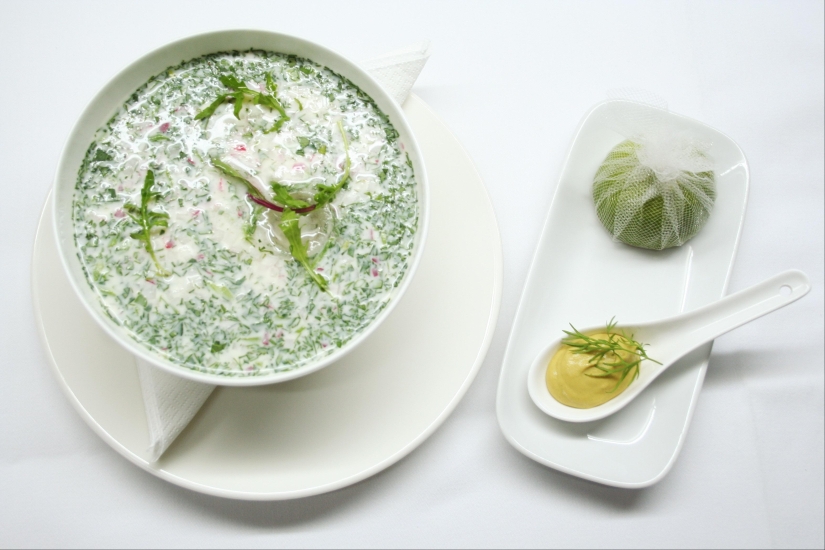
It is best to balance the state with cold and cool products: wheat, wheat sprouts, barley, millet, wild rice, duck, goose, hare, rabbit, fish, squid, oyster, Chinese and cauliflower, broccoli, bell pepper, zucchini, eggplant, cucumbers, tomatoes, asparagus, radish, watercress, artichoke, avocado, rhubarb, celery, spinach, soy, tofu, soy milk and sauce, sunflower, sesame, olive oil, beans, peas, cashews, saffron, mushrooms, yogurt, banana, persimmon, kiwi, lime, tangerine, lemon, orange, grapefruit, gooseberry, apple, blueberry, blackberry, currant, watermelon, melon, mango, pear, mint, pineapple, quince, raspberry, strawberry. It is especially important to consider this classification for people who have an "internal fever". The temperature of the food also matters: the dish that you took out of the refrigerator, of course, has a cooling effect.
In the heat, sweating becomes more intense, and it is necessary to replenish the amount of liquid, because all biochemical processes in the human body occur in an aqueous environment.
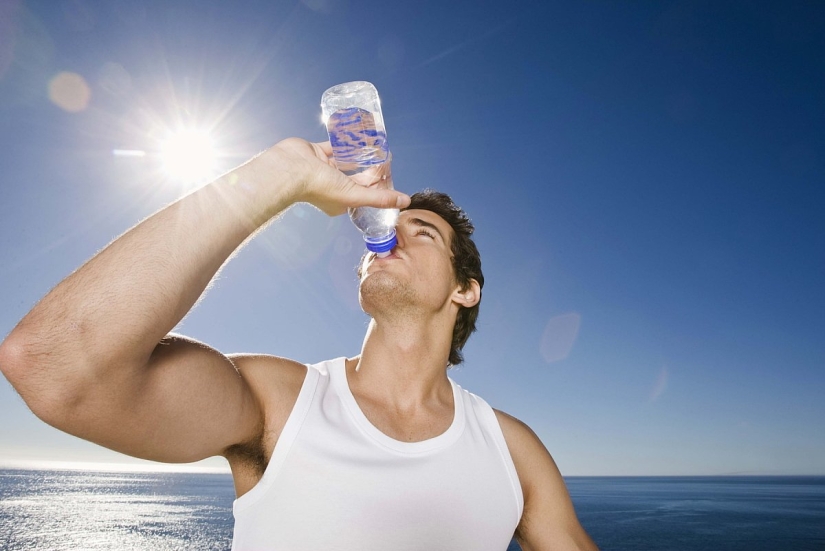
If it is usually considered that it is enough to drink one and a half to two liters of water during the day, then in hot weather the need may increase. The simplest indicator of a lack of fluid in the body is a change in the color of urine. Normally, it should have a light straw color and becomes darker the more the body needs water. Thus, it is possible to individually adjust the volume of liquid consumed, focusing not on any general norms, but primarily on individual needs, which depends on age, gender, metabolic characteristics, physical activity.
For those who are in the heat for a long time and sweat intensely, it is worth introducing mineral water into the diet to compensate for the leaching of minerals and trace elements.
During the day, carry a bottle of water with you and drink regularly, in small doses. But after 7 o'clock in the evening, you should not drink too much, so that sleep is not disturbed.
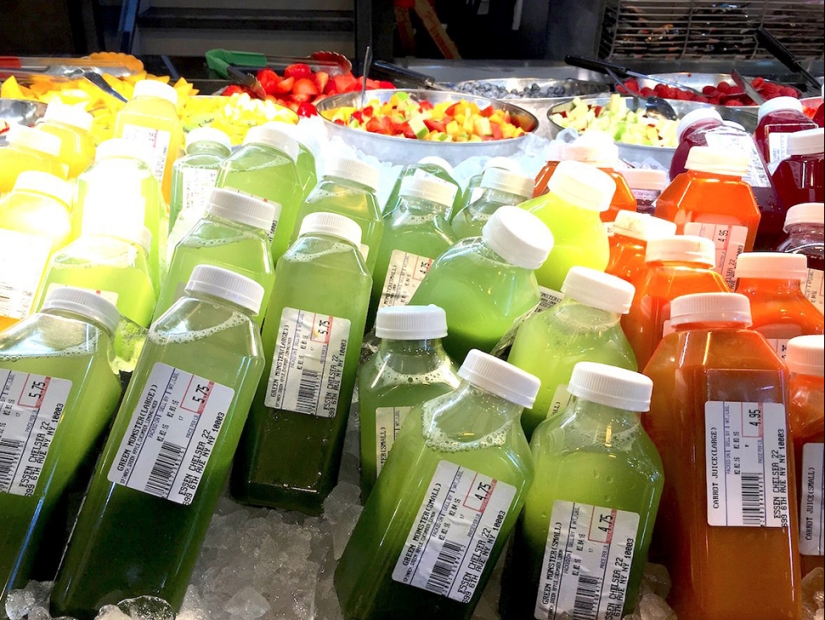
Another very important question: what kind of water to drink? If you have a choice between water from a source, tap and bottled, then the most reasonable choice is water from a bottle. Or rather, from a large, dense bottle. Please note: bottles made of thin plastic, on which white creases easily appear, emit substances into the water that are similar in effect to female sex hormones, and can negatively affect the cycle. Therefore, choose water in bottles with thick walls that do not have breaks, it is better to use glass containers.
If you drink water from a country well or spring, it makes sense to take the water for analysis and find out its composition.
The best choice is soft drinks. Hot tea in summer will increase sweating and thus cool the surface of the body by increasing evaporation. Very cold drinks can provoke angina.
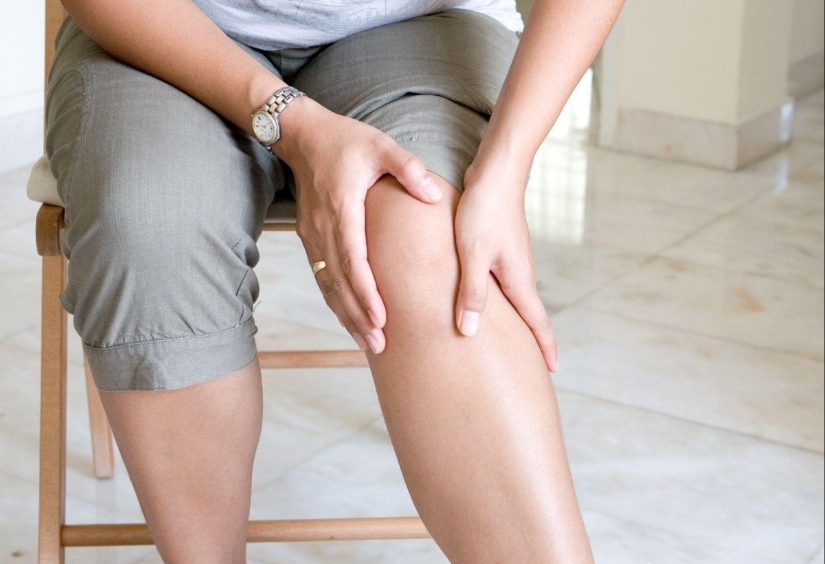
From European doctors, you can sometimes hear this recommendation: if you often have edema in hot weather, you need to drink less. From the point of view of a doctor who adheres to a synergistic approach to health, such advice seems strange. First of all, it is necessary to find out why water is delayed in the body and edema occurs — it can be in the condition of the veins of the lower leg, liver, kidneys, in the thyroid gland, adrenal glands, in the imbalance of minerals and trace elements. It is clear that if the fluid is not excreted, then there has been an imbalance in the body.
From the point of view of Chinese medicine, it is often necessary to observe the retention of fluids in the body as a result of the "spleen deficiency"syndrome. The syndrome develops as a result of intellectual and physical fatigue, excessive anxiety and anxiety, as well as the predominance of "mucus-forming" products in the diet. Correction of the diet, herbal preparations, acupuncture can eliminate the "spleen deficiency" syndrome, reduce or completely eliminate excessive puffiness.
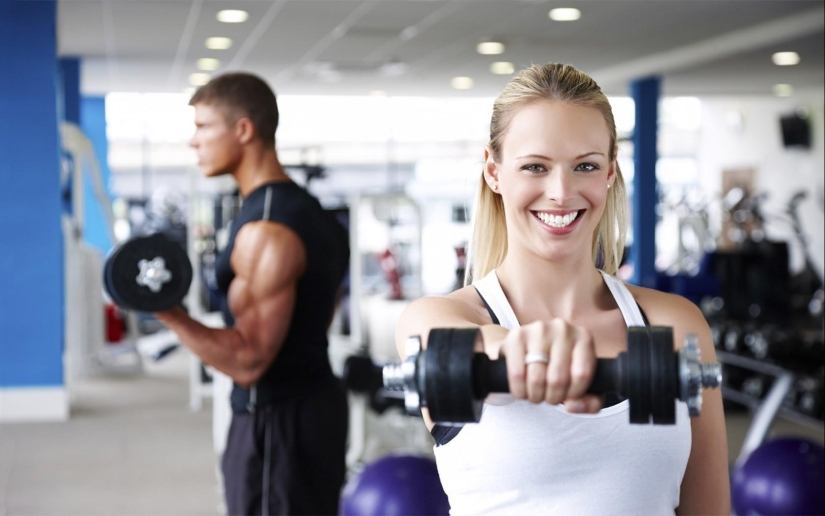
But make reasonable restrictions in the normal mode. Although naturally, when we run, the surface cools down, if a person has normal thermoregulation. It is necessary to make adjustments to the normal mode of physical activity. Not under the scorching sun, indoors, in the morning or in the evening.
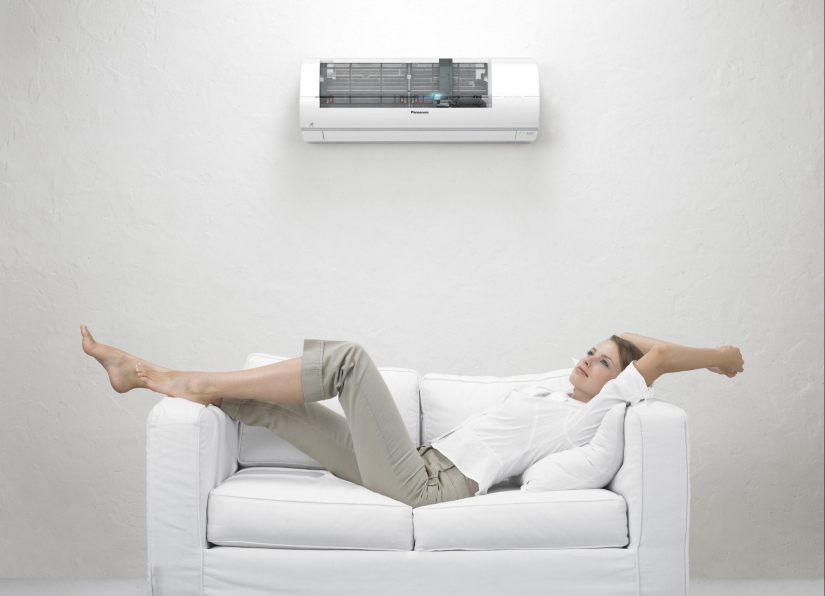
If you get out of the heat into a room where the temperature is maintained at 18-19 degrees, you can get a so-called "cold blow". In the heat, the pores open and our body becomes more susceptible to various pathogenic factors.
The risk of developing diseases of the upper respiratory tract increases, because the body is protected from natural pathogenic factors by the Qi energy of the lungs. And if the cold penetrates first into the skin, then into the muscles, then due to the temperature difference, muscle inflammation (myositis) may occur. So avoid direct cold air flow from the cooling systems.
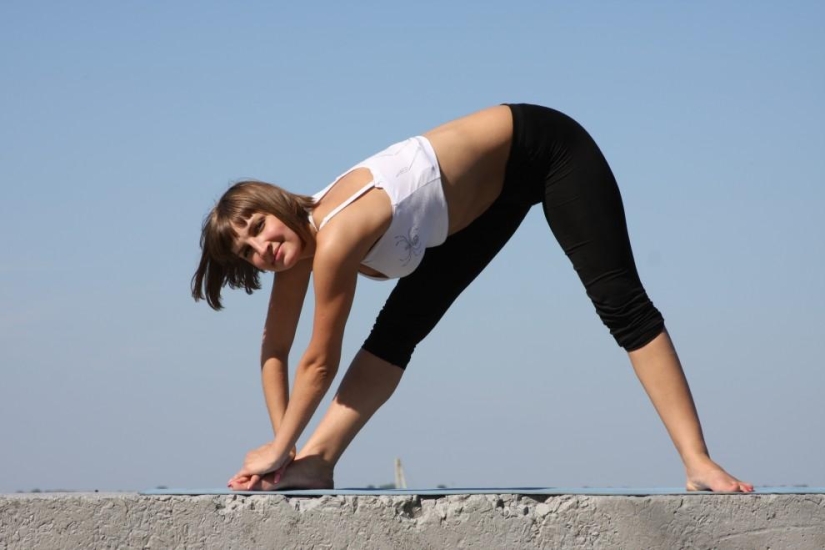
The simplest thing that can be done is the usual ascents and slopes. Try to bend down and rise smoothly several times in the morning. These simple exercises will help to train blood vessels, improve blood circulation of the brain. In addition, to stabilize the work of the autonomic nervous system, it is worth doing exercises to balance the hemispheres of the brain. For example, try alternating breathing with different nostrils from the practice of yoga, perform tree poses. Give exercises for 7 minutes a day — and you will be easier to tolerate not only the heat, but also any temperature changes and atmospheric pressure.
Keywords: Health and medicine | Heat | Tips
Recent articles

It's high time to admit that this whole hipster idea has gone too far. The concept has become so popular that even restaurants have ...

There is a perception that people only use 10% of their brain potential. But the heroes of our review, apparently, found a way to ...
Related articles

Immunity to poisons at all times been the dream of all authority. List of popes, kings and emperors, gave his soul to God through ...

Have you heard of such a phenomenon as the doorway effect? Let's put it simply: have you ever walked into a room and immediately ...

Yes, Pets benefit our health and it is proven by science. Their very existence certainly makes us happier, but also prolongs life. ...

New Year's is a time to surprise and delight loved ones not only with gifts but also with a unique presentation of the holiday ...